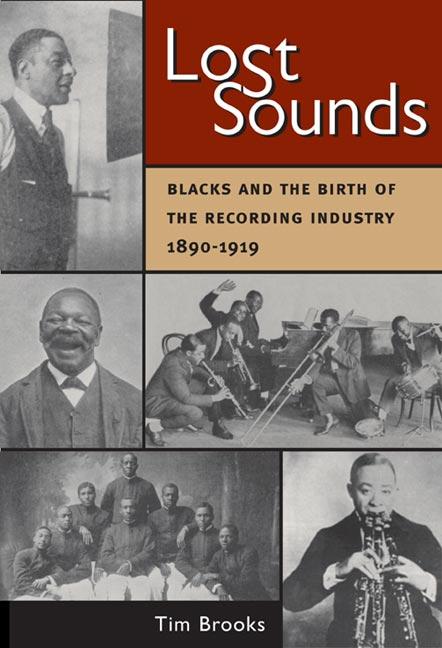
Zustellung: Fr, 01.08. - Do, 07.08.
Versand in 3-4 Wochen
VersandkostenfreiBestellen & in Filiale abholen:
Biographies of the first African-American recording stars, and how they succeeded against tremendous odds.
Inhaltsverzeichnis
CoverTitle PageCopyright PageContentsPrefaceAcknowledgmentsIntroduction: Lost, Stolen, or Strayed?PART ONE: George W. Johnson, the First Black Recording Artist1. The Early Years2. Talking Machines!3. The Trial of George W. JohnsonPART TWO: Black Recording Artists, 1890-994. The Unique Quartette5. Louis "Bebe" Vasnier: Recording in Nineteenth-Century New Orleans6. The Standard Quartette and South before the War7. The Kentucky Jubilee Singers8. Bert Williams and George Walker9. Cousins and DeMoss10. Thomas CraigPART THREE: Black Recording Artists, 1900-190911. The Dinwiddie Quartet12. Carroll Clark13. Charley Case: Passing for White?14. The Fisk Jubilee Singers and the Popularization of Negro Spiriituals15. Polk Miller and His Old South QuartettePART FOUR: Black Recording Artists, 1920-1516. Jack Johnson17. Daisy Tapley18. Apollo Jubilee Quartette19. Edward Sterling Wright and the Poery of Paul Laurence Dunbar20. James Reese Europe21. Will Marion Cook and the Afro-American Folk Song Singers22. Dan Kildare and Joan Sawyer's Persian Garden Orchestra23. The Tuskegee Institute Singers24. The Right QuintettePART FIVE: Black Recording Artists, 1916-1925. Wilbur C. Sweatman: Disrespecting Wilbur26. Opal D. Cooper27. Noble Sissle and Eubie Blake28. Ford T. Dabney: Syncopation over Broadway29. W. C. Handy30. Roland Hayes31. The Four Harmony Kings32. Broome Special Phonograph Records33. Edward H. Boatner34. Harry T. Burleigh35. Florence Cole-Talbert36. R. Nathaniel Dett37. Clarence Cameron WhitePART SIX: Other Early Recordings38. Miscellaneous RecordingsAppendix: Caribbean and South American RecordingsNotesSelect CD DiscographyBibliographyIndex
Produktdetails
Erscheinungsdatum
08. Juli 2005
Sprache
englisch
Seitenanzahl
656
Autor/Autorin
Tim Brooks
Verlag/Hersteller
Produktart
kartoniert
Gewicht
1238 g
Größe (L/B/H)
260/177/49 mm
ISBN
9780252073076
Pressestimmen
"An act of cultural reclamation - the great lost heroes of black performance." New York Times "Brooks has uncovered a wealth of fascinating detail about the record business, its artists and the range of music they recorded 100 years ago. This engaging work of thorough scholarship is essential reading for anyone interested in the birth of commercial recording and African American music in the early part of the 20th century." Samuel Brylawski, Head, Recorded Sound Section, Library of Congress
Bewertungen
0 Bewertungen
Es wurden noch keine Bewertungen abgegeben. Schreiben Sie die erste Bewertung zu "Lost Sounds" und helfen Sie damit anderen bei der Kaufentscheidung.









